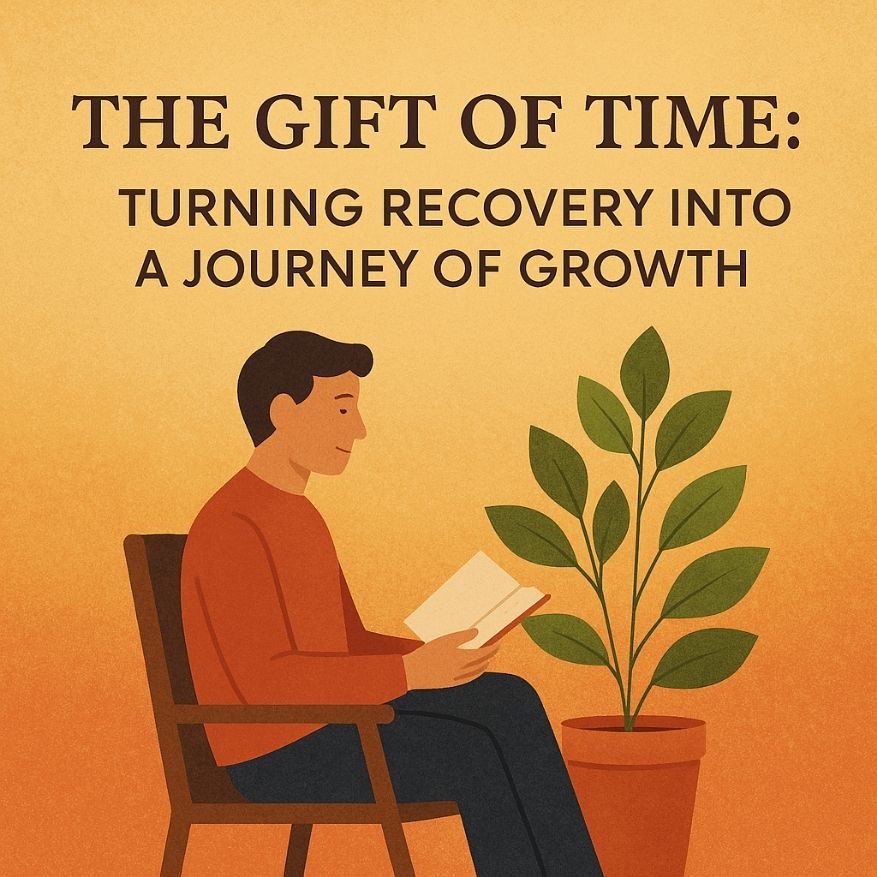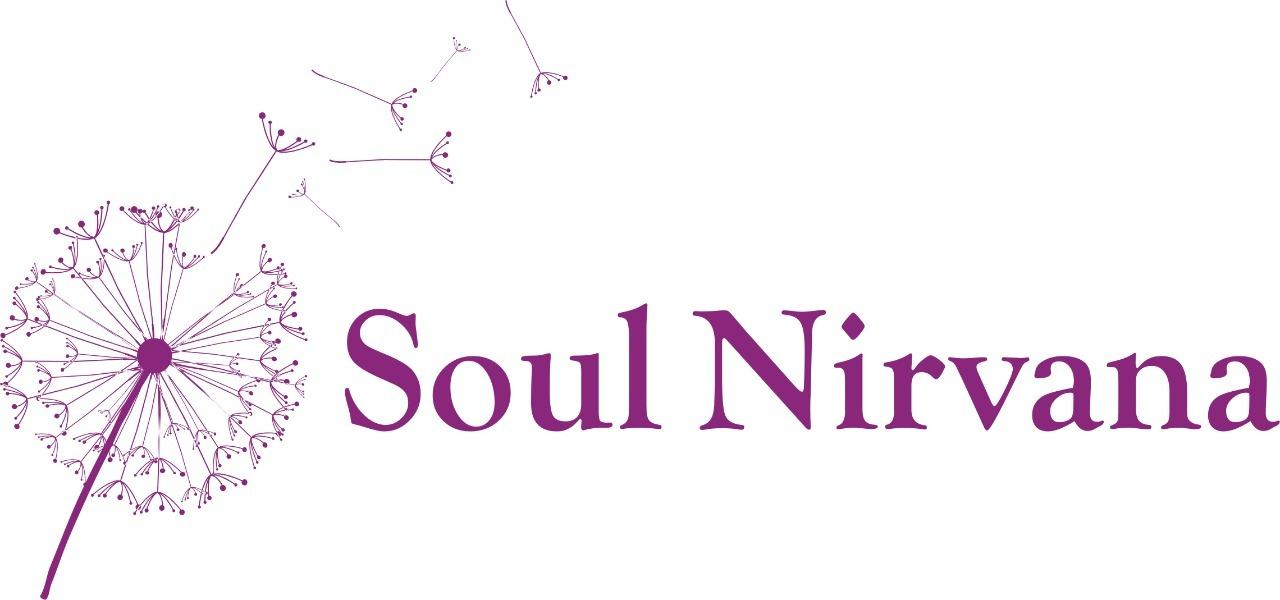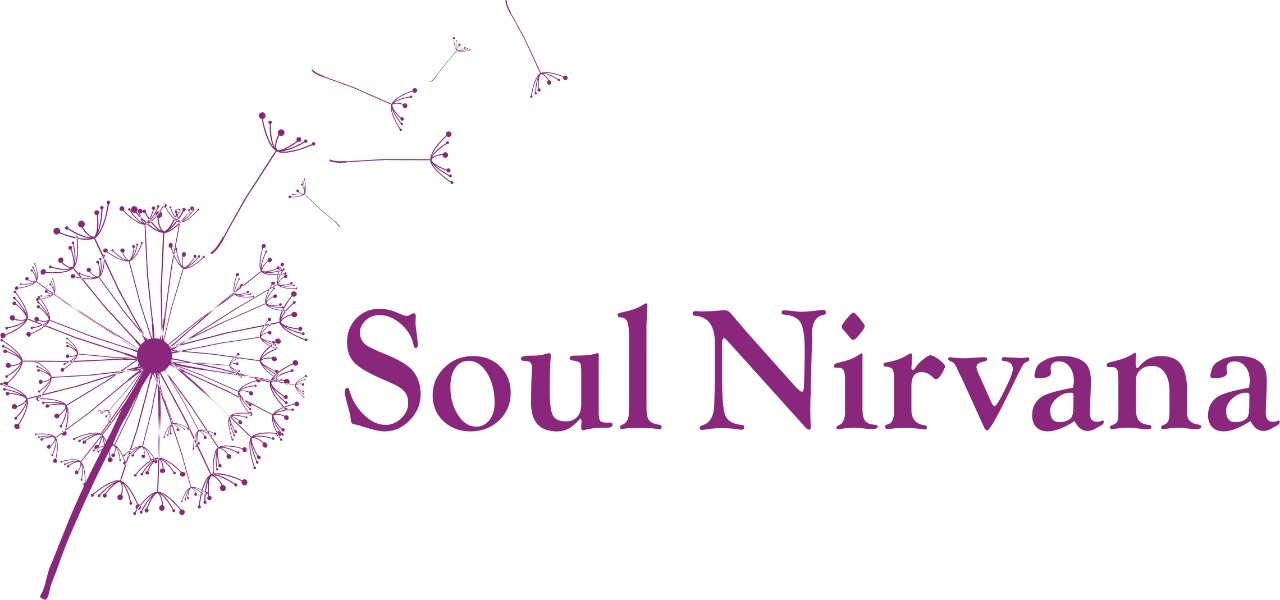The Gift of Time: Turning Recovery Into a Journey of Growth

Introduction
Most of us rush through life without ever slowing down. Work, responsibilities, and endless to-do lists keep us moving from one thing to the next. But when life forces us to stop — whether through illness, recovery, or simply exhaustion — we’re given something rare: time.
It doesn’t always feel like a gift at first. Time can seem heavy when you’re stuck at home, missing out on your usual rhythm. But with patience and reflection, recovery time can transform into a period of growth, teaching us lessons we might never have learned otherwise.
This blog explores how recovery time, though challenging, can become an opportunity to heal not just the body but also the mind, and to rediscover life with a new sense of meaning.
Why Recovery Time Feels So Hard
When you’re forced to pause, it can feel frustrating. You may:
- Depend on others for daily tasks
- Struggle with feelings of guilt for “not being productive”
- Worry about falling behind in work or relationships
- Experience mood swings due to medicines or physical discomfort
These reactions are normal. Psychologists often call this a form of situational adjustment stress — your body and mind adjusting to an unexpected pause (American Psychological Association, 2024).
But while the pause feels uncomfortable, it also creates a space you didn’t know you needed.
The Space That Silence Brings
When daily routines stop, silence enters. At first, silence feels empty. You notice the absence of busyness, of constant distractions. This can be scary — it makes you face thoughts you’ve been avoiding.
But silence also creates space for reflection. It’s in this space that many people begin to journal, meditate, read, or simply notice how they’re really feeling. Studies show that mindful downtime improves emotional balance and resilience (Harvard Health, 2023).
Rethinking Productivity
One of the hardest parts of recovery is dealing with the idea of “not doing enough.” In our culture, productivity often equals self-worth. But recovery teaches you a different truth: rest itself is productive.
Your body is repairing, your mind is recalibrating, and your energy is slowly rebuilding. Psychotherapy and counselling often remind clients that healing periods are not wasted time — they are investments in long-term health and balance.
If you find yourself struggling with guilt, working with a psychotherapist can help you reframe how you see this pause.
How to Use Recovery Time for Growth
Here are a few gentle ways to make recovery meaningful:
- Read or listen to podcasts
- Knowledge and stories can shift how you see your own experience. Even light reading can be comforting.
- Journaling
- Writing down your feelings reduces emotional clutter and gives perspective.
- Gentle creative activities
- Sketching, knitting, or even cooking simple meals can give a sense of purpose.
- Mindful practices
- Deep breathing, guided meditation, or simple gratitude exercises help calm restlessness.
- Seeking support
- Talking to a counsellor or therapist during this time can help manage mood swings, frustration, or deeper worries.
Instead of asking “When will this end?”, you can ask “What can I learn while I’m here?”.
The Transformation After Healing
When recovery ends and you return to daily life, something shifts. Many people report:
- A deeper appreciation for small joys
- Stronger resilience when facing stress
- Less fear of slowing down
- A clearer sense of priorities
This transformation doesn’t erase the pain or frustration of recovery, but it reshapes how you carry it. What once felt like lost time becomes a chapter of growth.
Conclusion
Time spent in recovery often feels like a burden at first, but it can become one of the most meaningful phases of life. By embracing silence, letting go of guilt about productivity, and using the pause for gentle reflection, you can turn recovery into a powerful journey of growth.
If you feel stuck or overwhelmed during recovery, remember you don’t have to go through it alone. SoulNirvana offers psychological counselling and support plans that can guide you in finding meaning and balance during this time.
FAQs
1. Why does recovery feel so emotionally draining?
Because recovery isn’t just physical — it impacts your identity, routine, and emotions. It’s normal to feel restless, anxious, or sad when life slows down unexpectedly.
2. How can I make recovery time less frustrating?
Focus on small, meaningful actions like journaling, reading, or guided relaxation. Reframe the time as an investment in your well-being.
3. Can therapy help during recovery?
Yes. Counselling or psychotherapy can help process emotions, reduce stress, and support healthier coping strategies.
References
- American Psychological Association. (2024). Adjustment disorder. Retrieved from https://dictionary.apa.org/adjustment-disorder
- Harvard Health Publishing. (2023). Mindfulness meditation may ease anxiety, mental stress. Retrieved from https://www.health.harvard.edu/mind-and-mood/mindfulness-meditation-may-ease-anxiety-mental-stress
- Scott, E. (2024, July 10). The benefits of journaling for stress management. Verywell Mind. Retrieved from https://www.verywellmind.com/the-benefits-of-journaling-for-stress-management-3144611

Ms Sonali Sikdar
Ms Sonali empowers individuals to grow, heal, and align their careers with their inner calling.
Related Blogs
No related blogs available.

